We hesitated before mentioning poetry for facilitation in this article. You might think it has nothing to do with the practical business of facilitation, right?
Surely it’s a question of choosing the right size post-it notes and getting through the processes in time for agreeing deliverables?
Well, we find that really useful meetings don’t follow that kind of predictable plan. Indeed, the real value comes in unexpected and often uncomfortable moments.
It’s tempting for facilitators to stay in the safety of the explicit, reverencing agreement, actions and deliverables. But for us, facilitation is about surfacing the aliveness in meetings, which may well be uncomfortable or painful, but is full of life. Too many meeting pass with participants in a mildly frustrated trance where nothing really interesting happens.
So we loved this 20 minute podcast of poet David Mason talking about the value of poetry in reaching beyond the understanding of the intellect.
Mason says that poetry opens us to something we may not logically understand. a voice that makes us feel more intensely alive. He quotes William Carlos Williams:
It is difficult to get the news from poems, yet men die miserably every day for lack of what is found there.
He also talks about meaning as a field of possibilities, rather than as a single thing. Poetry helps us open up to ambiguity, rather than trying to understand everything. He shares the wisdom of the oracle, and the dangers of reaching quick, simple conclusions instead of seeing multiple interpretations. “Poetry is asking us to be sceptical about our literal interpretations of things.”
Facilitators often get trapped into trying to boil the complexity of a meeting into a few neat sounding outcomes to reassure a client that something useful happened. We generally find it’s much more satisfying to do less condensation, and more opening up to the range of ideas and meanings being made.
The best meetings must have a little poetry.
As a bonus link, we recommend Alan Alda’s podcast interview with priest Gregory Boyle, in which he talks about tenderness as an operating principle when working with the most marginalised, and awe rather than empathy. The opposite of empathy is judgement, something many of us find easy, and empathy can feel somewhat abstract. Awe is a state of wonder about the person we may disagree with, not understand, and seek to connect with in some way. This isn’t airy fairy wisdom, as Boyle works in one of toughest fields going: Los Angeles gang members inculcated in a culture of violence. In the slightly less alarming world of facilitation, it may still be useful to cultivate awe rather than judgement when encountering challenging people.
(Thanks to Pamela Kinnear and Stephen Mugford for conversations that prompted these thoughts. And to Trust “Tru” Katsande on Unsplash for the poetry pic)
